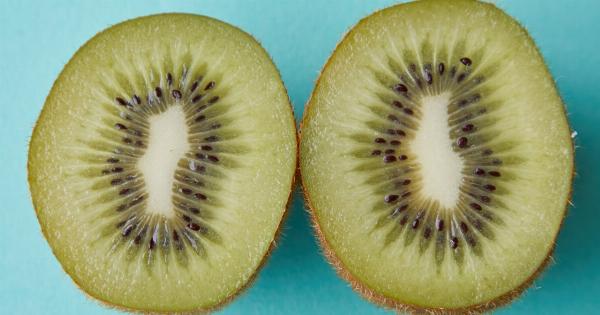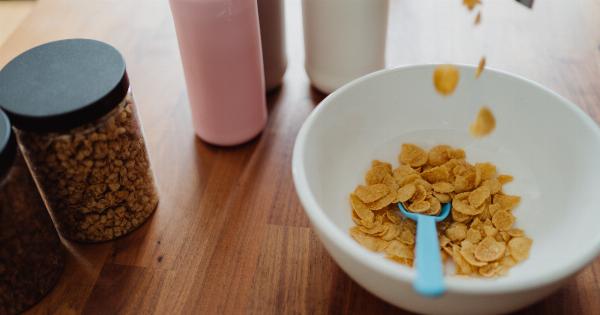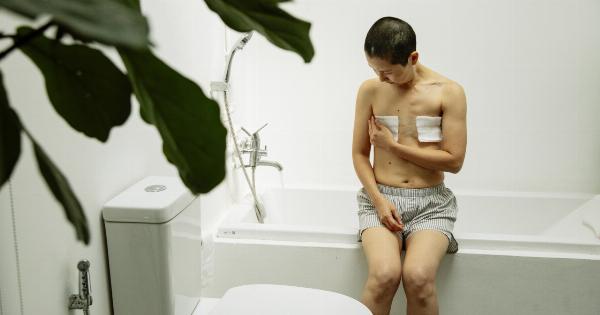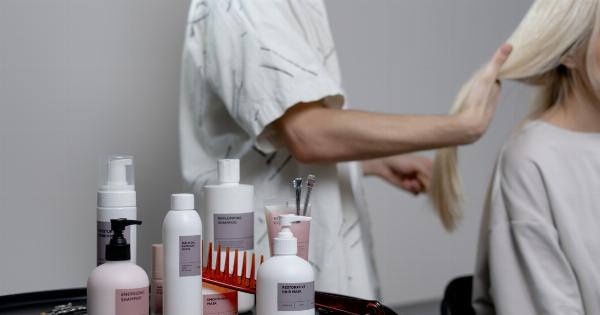Do you suffer from an incessantly itchy head? Is the itch driving you insane and embarrassing you in public? Itchy scalp can be an irritating problem that has a variety of underlying reasons that vary from trivial to more serious health issues.
Whatever the cause, itching causes discomfort, thus making scratching your scalp hard-to-resist, leading to a vicious itch-scratch cycle that worsens with time.
But what causes an itchy head? Discovering the underlying cause is essential for finding the ideal cure. In this comprehensive guide, we’ll be investigating some typical causes of itchy scalps and what you can do to treat them.
Dandruff
A well-known scalp issue that causes lots of discomfort is dandruff. This condition causes dead skin cells to accumulate on the scalp, leading to itching and flaking. Dandruff can get worse in colder months or when the scalp isn’t cleaned enough.
Though dandruff isn’t fatal, it is a chronic condition that can be treated with medical dandruff shampoos and better hygiene habits. If over-the-counter shampoos aren’t cutting it, consult a dermatologist.
Pediatric Scalp Conditions
If you have a child, there’s a chance that they might contract scalp conditions like head lice, cradle cap, or eczema. These issues are more prevalent in kids, so pay close attention to your children’s scalp.
It’s essential to treat these conditions as soon as possible, as they can cause severe discomfort if neglected for too long. Head lice can trigger intense itching, while cradle cap triggers a greasy, yellow, and scaly residue on the scalp. Treat these conditions immediately with topical creams or lice shampoos to prevent them from spreading.
Psoriasis
Psoriasis is an autoimmune condition that causes dry, flaky skin. It’s common to see psoriasis patches on the body, but some individuals may develop psoriasis on their scalps.
Psoriasis causes itchy and scaly scalp patches that can worsen when left untreated. A dermatologist can help diagnose this condition and recommend medical treatments like medicated shampoos, oral medication, or phototherapy.
Hormonal Changes
Fluctuations in hormone levels during pregnancy can also lead to an itchy scalp. Due to a sharp increase in estrogen levels, the scalp may go chemically imbalanced and become itchy.
Similarly, menopause’s hormonal changes can also trigger itchy scalp symptoms. Stay hydrated, take omega-3 supplements, and avoid hot styling products to alleviate this problem. However, if the symptoms worsen, consult a dermatologist to see if prescription medication is required.
Fungal Infections
Various fungal infections can also lead to an itchy scalp. Though uncommon, fungal infections like ringworm, tinea capitis, or folliculitis are known to cause scalp itchiness accompanied by hair loss, redness, and patchiness.
If you suspect that you have a fungal infection, speak to a doctor to get specialized medication to cure the infection. Don’t use medicated shampoo or home care remedies as these won’t be effective against fungal infections.
Stress
Stress can be an underlying cause of an itchy head. When the body is in a state of stress, it releases hormones that can result in itching all over the body.
Chronic stress can worsen an existing scalp issue, causing severe itching and damaging the scalp’s skin. Induce relaxation techniques, meditation, or some form of physical activity to alleviate stress and itchiness.
Allergies
Allergies to certain hair care products, food, or environmental factors can trigger itchy scalp symptoms. If you suspect that you have a scalp allergy, try to identify and eliminate the allergen that’s causing the problem.
Consult a dermatologist if the symptoms persist.
Dryness
A dry scalp devoid of natural oils can cause severe itchiness. This is typically observed in winter or in dry, harsh environments.
Conditioning your hair and scalp with hydrating oils like coconut oil, argan oil, or avocado oil can alleviate the itch symptoms.
Sunburn
Excessive sun exposure can dry out the scalp’s skin, leading to sunburn. This condition tends to be itchy and tender.
Shield your head with a hat whenever you’re out in the sun, use sun-blocking hair sprays to protect the scalp from UV rays, and avoid hot styling tools to promote scalp healing.
Conclusion
Itchy scalp is a common ailment, and there are a variety of potential underlying causes. To effectively treat an itchy scalp, you should first determine the root of the problem.
Simple remedies like hair hydration and proper hair care routines or specialized topical creams or medication may be required for severe conditions. Once you’ve identified the problem, you’ll be able to identify which treatment or technique is right for you.






























